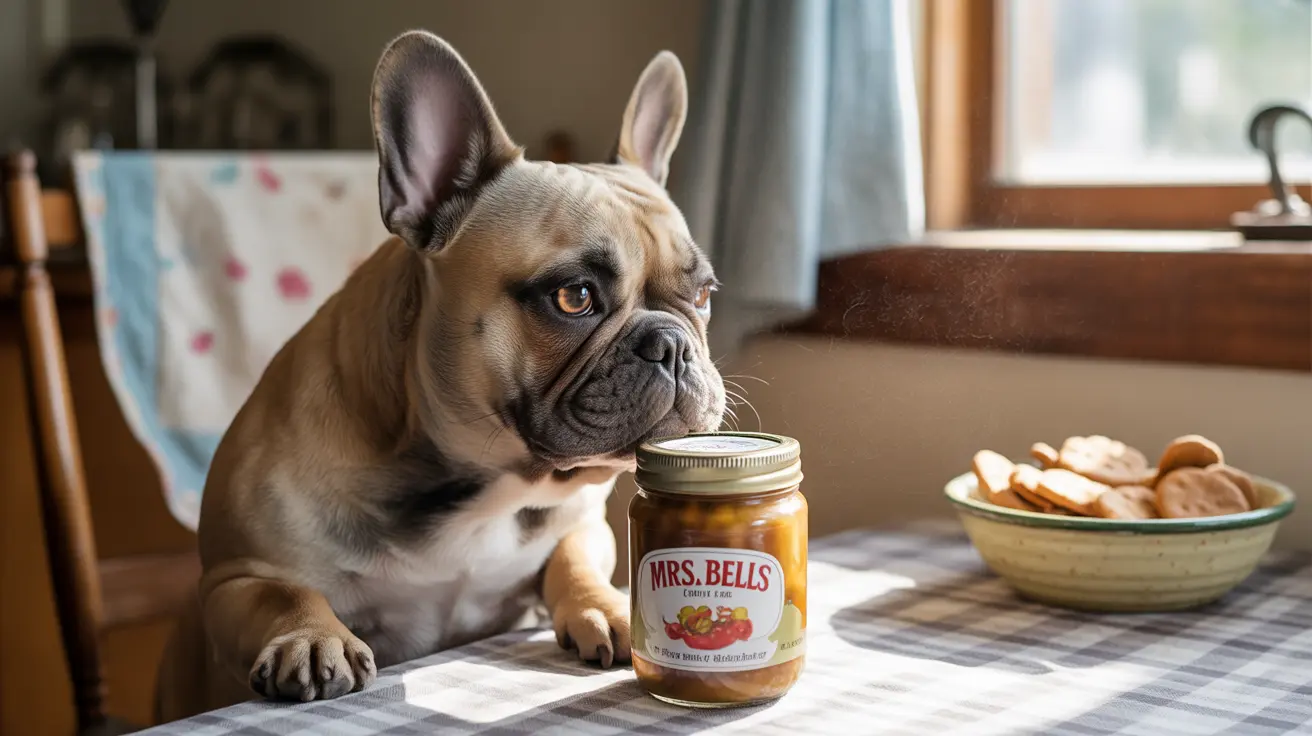Understanding Relish and Its Common Ingredients
Relish is a popular condiment typically made from chopped vegetables, primarily cucumbers, mixed with various spices and preserved in vinegar or brine. While the base ingredient might seem harmless, many other components in relish can pose serious risks to dogs:
- Onions and garlic (common ingredients that are toxic to dogs)
- High sodium content from preservatives and seasoning
- Added sugars or artificial sweeteners
- Spices and preservatives
- Vinegar and acidic components
Health Risks of Feeding Relish to Dogs
Immediate Health Concerns
When dogs consume relish, they may experience several immediate health issues:
- Digestive upset and stomach discomfort
- Vomiting and diarrhea
- Excessive thirst due to high sodium content
- Potential allergic reactions to preservatives
Long-term Health Risks
Regular exposure to relish ingredients can lead to more serious health problems:
- Anemia from onion or garlic toxicity
- Dental issues from high sugar content
- Obesity and diabetes risks
- Chronic digestive problems
Safe Alternatives to Relish for Dogs
Instead of relish, consider these dog-friendly options:
- Fresh cucumber slices (without seasoning)
- Plain, cooked vegetables
- Dog-specific treats and toppings
- Small pieces of fresh fruits (approved by veterinarians)
What to Do If Your Dog Eats Relish
If your dog has consumed relish, take these steps:
- Check the ingredients list for toxic components
- Monitor your dog for unusual symptoms
- Contact your veterinarian if concerning symptoms appear
- Keep detailed notes about the amount consumed and timing
Frequently Asked Questions
Can dogs safely eat relish, or is it harmful to them?
No, dogs should not eat relish. While a tiny amount might not cause immediate harm, relish contains several ingredients that can be dangerous for dogs, including onions, garlic, high sodium, and preservatives.
What ingredients in relish are toxic or dangerous for dogs?
The most dangerous ingredients in relish for dogs are onions and garlic (which can cause anemia), high sodium levels, artificial sweeteners (especially xylitol), and various spices that can cause digestive issues.
What symptoms should I watch for if my dog accidentally eats relish?
Watch for symptoms including vomiting, diarrhea, excessive thirst, lethargy, pale gums (if onion/garlic toxicity occurs), and unusual behavior. Contact your vet if these symptoms appear.
Are there any safe alternatives to relish that I can give my dog?
Yes, safe alternatives include fresh cucumber slices, plain cooked vegetables, dog-specific treats, and small amounts of dog-safe fruits. Always serve these without seasoning or additives.
How can I make a dog-friendly relish at home without harmful ingredients?
While it's possible to make a dog-safe version using finely chopped cucumbers and dog-safe vegetables, it's generally better to stick with simple, fresh ingredients rather than trying to recreate relish for dogs.
Remember, the best approach to pet nutrition is focusing on foods specifically formulated for dogs rather than trying to adapt human condiments for their consumption. If you're looking to add variety to your dog's diet, consult with your veterinarian for safe, healthy options.






